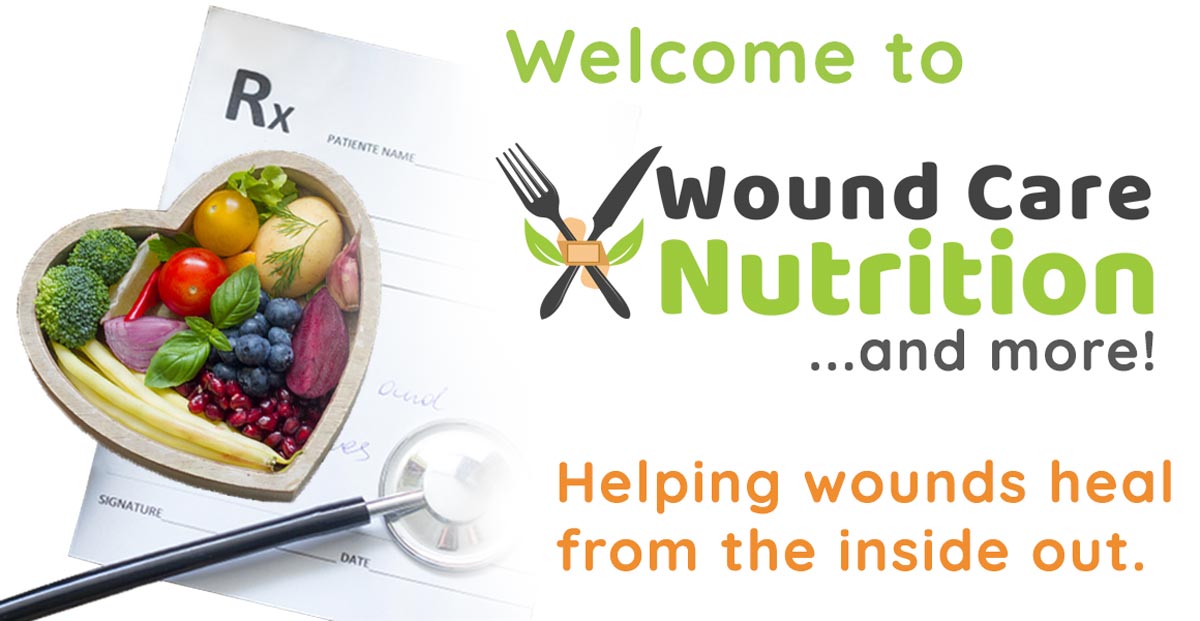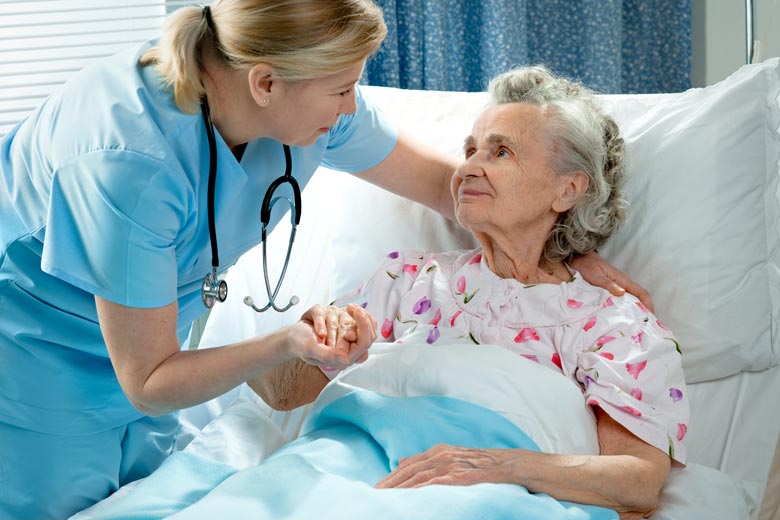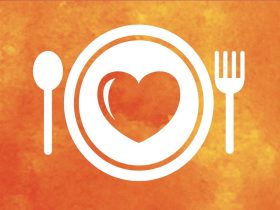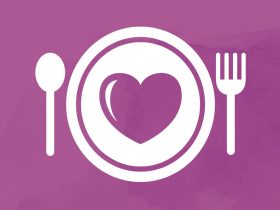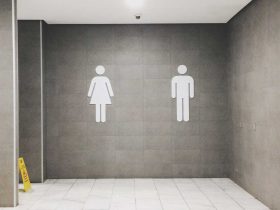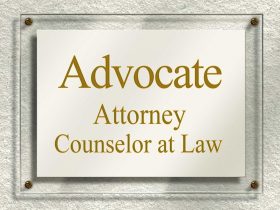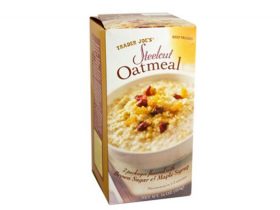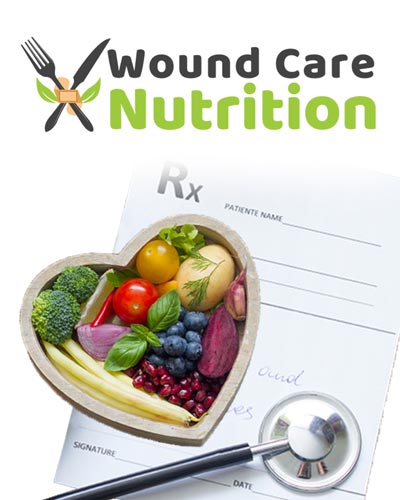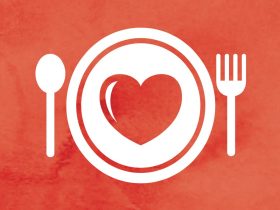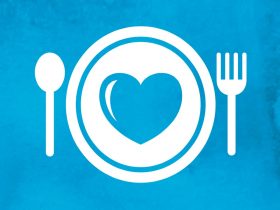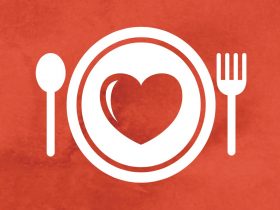Dr. Collins Answers Your Questions
My Mother Has A Pressure Injury
By Nancy Collins, PhD, RDN, LD, NWCC, FAND
Note: In the past, pressure injuries were sometimes called pressure ulcers, bed sores, or decubitus ulcers.
My mother lives in a nursing home and has a pressure injury. Was this caused by poor medical care?
Maybe. However, some individuals are more likely to get pressure injuries, even with good care. Does your mother see a treatment nurse? This is a nurse who has received training to evaluate and treat pressure injuries. One way you can tell if your mother is getting good care is to observe the staff. Are they paying attention to your mother’s care and medical needs? Most likely your mother’s pressure injury is a combination of several different things, not just the kind of care she receives.
What caused my mother’s pressure injury?
Pressure injuries are caused by many things, including immobility, incontinence, altered mental status, disease states, poor circulation, and poor nutritional status. People who have more than one of these conditions are at an increased risk for developing pressure injuries.
Where do pressure injuries usually develop?
Pressure injuries usually are found on bony prominences, such as the heels of the feet, sacrum, and hip areas. An individual with underlying diseases or poor food intake may develop pressure injuries more easily. This can happen even if the person is not bed-bound.
It seems that individuals with incontinence are more likely to development pressure injuries, even if they are changed frequently. Age is another determining factor because the skin of older individuals can break down more easily because of its fragile state.
What treatments should my mother receive for her pressure injury?
Talk with your mother’s treatment team to learn about the ordered treatments. This may include:
- Topical treatments
- Special dressings changed on a schedule according to the doctor’s orders
- Special devices or mattresses, which help to relieve pressure on the wound
- Nutritional supplements
- Physical, occupational or speech therapy
Can I do anything to evaluate my mother’s care to help prevent the development of more pressure injuries?
The prevention measures are similar to the treatments used to treat existing pressure injuries. This includes:
- Frequent turning and repositioning for bed- and chair-bound patients
- Special mattresses or foot coverings
- Regular and timely incontinence care
- Adequate food and fluids
Since your mother is in a nursing home, visit her frequently. This will help you evaluate whether or not her care staff is working to prevent further skin breakdown. Try to attend care plan meetings to discuss any concerns you may have.
The nurse says my mother is not compliant with her treatments. What does this mean?
Patients who are confused or have psychiatric diagnoses may find it difficult to comprehend why wound treatment is so important. For example, they may not understand why it is necessary to change position in bed or in a chair when told to do so. Changing position relieves pressure on the wound. It is harder for a wound to heal if patients are unwilling or unable to do that. Or another example is someone who has had special nutritional supplements recommended to help in wound healing, but the individual refuses to take the supplements.
Some individuals are noncompliant to treatment regimens despite the best efforts of the treatment staff. This can make prevention and/or treatment of pressure injuries challenging. Explain to your mother why it is important that she cooperates with the staff.

